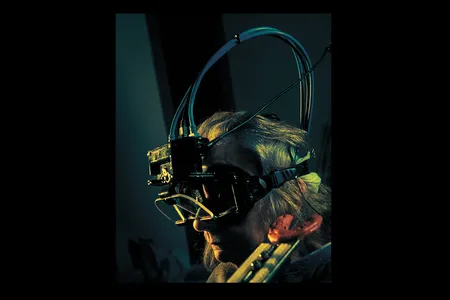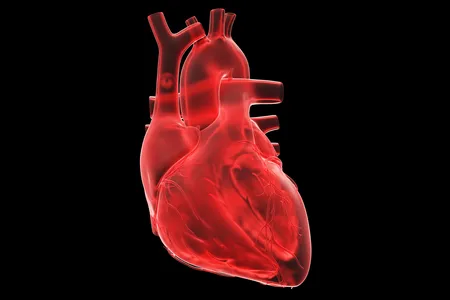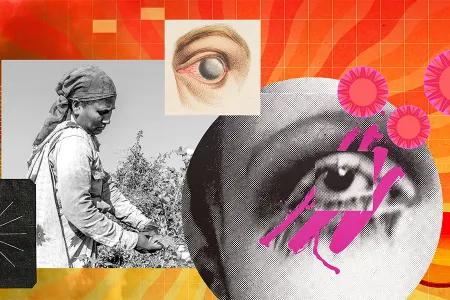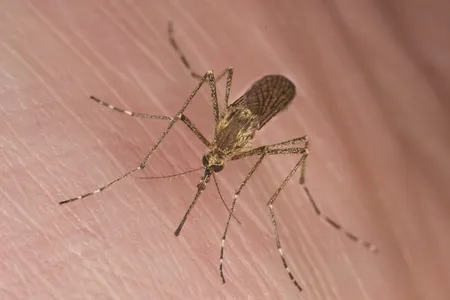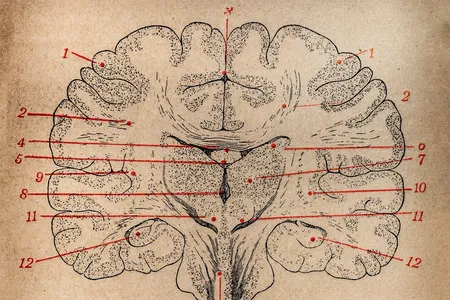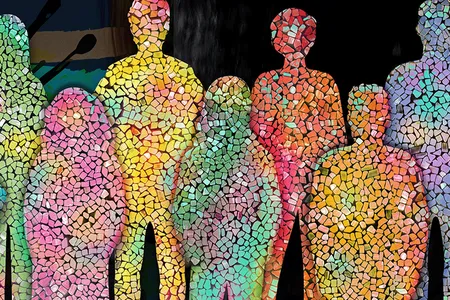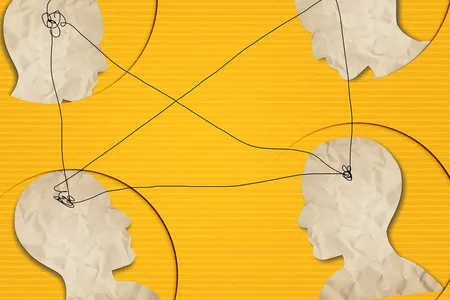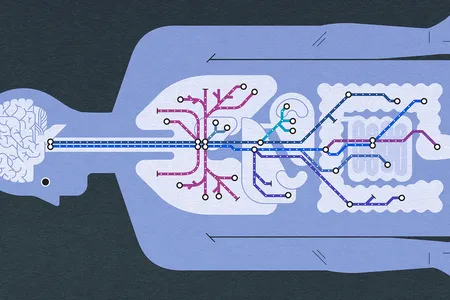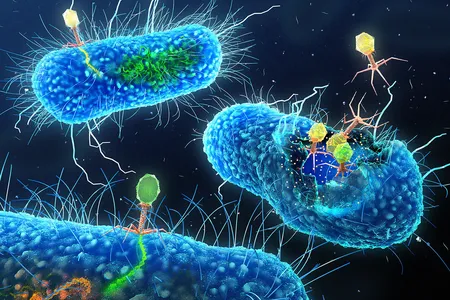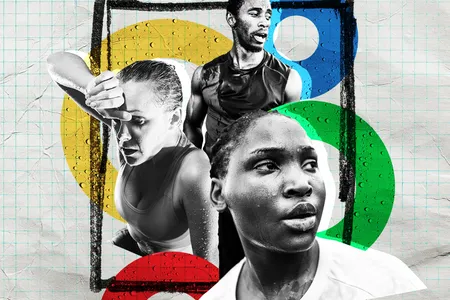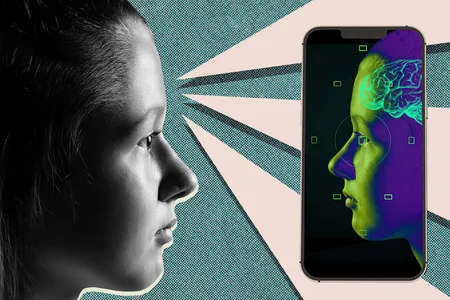Can a Medical Device Restore Your Balance?
Nearly two million people worldwide have lost the simple ability to feel steady. Now researchers have developed an experimental medical implant that promises to restore the sensory machinery responsible for balance
This 14-Year-Old Built an App That Detects Heart Diseases in Seconds
Siddarth Nandyala wants to put his tool in the hands of medical professionals so that they can catch cardiovascular abnormalities in their early stages
Climate Change Is Threatening Eye Health in Disturbing Ways
Cataracts, pinkeye and other ocular disorders are linked to heat, air pollution and higher UV exposure
Why Do Mosquitos Bite Some People More Than Others? Your Blood Type, Sweat Contents and Even Alcohol Consumption May Make You More Attractive to the Pesky Insects
Scientists are working hard to discover the factors that drive the blood-sucking insects to target certain individuals
What Does the Future Hold for Psychiatric Brain Surgery?
For some patients, removing brain tissue can help treat OCD and other disorders. But ethical concerns remain
This 17-Year-Old Scientist Is Making an Acetaminophen Alternative That Is Less Damaging to the Liver
Chloe Yehwon Lee’s research could change the painkiller, known by the brand name Tylenol, for the better, ultimately reducing emergency room visits and cases of liver failure
For Some Women With Serious Physical Ailments, Mental Illness Has Become a Scapegoat Diagnosis
Patients with difficult-to-diagnose conditions like endometriosis are often sent home with diagnoses like anxiety or bipolar disorder
Can Researchers Find Remedies for the Problems Created by High-Altitude Pregnancies?
In people not adapted to life at altitude, the sparse oxygen can impair fetal growth, causing issues that can last a lifetime
Huh? Interjections Are Critically Important to Communication
Utterances like “um,” “wow” and “mm-hmm” aren’t garbage—they keep conversations flowing
The Future of Transplanting Pig Organs in People
After years of research into xenotransplantation, the field is at a turning point—yet risks and ethical issues remain
About One Billion People Are Deficient in Selenium. Genetic Engineering Could Change That
Hoping to stave off a global health crisis, scientists are breeding a new generation of crops that suck the mineral, which helps the thyroid and immune system, from soil
Why Is Every Human Being Riddled With Genetic Errors?
Your body is a collection of cells carrying thousands of genetic mistakes accrued over a lifetime—many harmless, some bad and at least a few that may be good for you
Why Do Some People Thrive on So Little Sleep?
Short sleepers cruise by on four to six hours a night and don’t seem to suffer ill effects
Is Depression Contagious?
The science about whether mental health conditions can spread socially is uncertain, but exposure to an affected peer can drive awareness
What Are Wind Phones, and How Do They Help With Grief?
A clinical social worker explains the vital role of the old-fashioned rotary phone for those dealing with death and loss
Everything You Wanted to Know About the Longest Nerve in the Body
Like a highway system, the vagus nerve branches profusely from your brain through your organs to marshal bodily functions, including aspects of the mind such as mood, pleasure and fear
Inside the Hidden Kingdom of Viruses in Your Gut
Human innards are teeming with viruses that infect bacteria. Here’s what scientists are learning about them
How to Sweat Like an Olympian
This summer, don’t be embarrassed by those pit stains or your drenched workout clothes. Our expert on the science of sweat says perspiration is what makes humans faster, higher and stronger
Can Technology Help Us More Accurately Diagnose Mental Illnesses?
A new wave of tools promises to offer quicker, more objective assessments to help patients and clinicians
How Do We Know When to Pee?
The basic urge is surprisingly complex and can go awry as we age
Page 1 of 47
